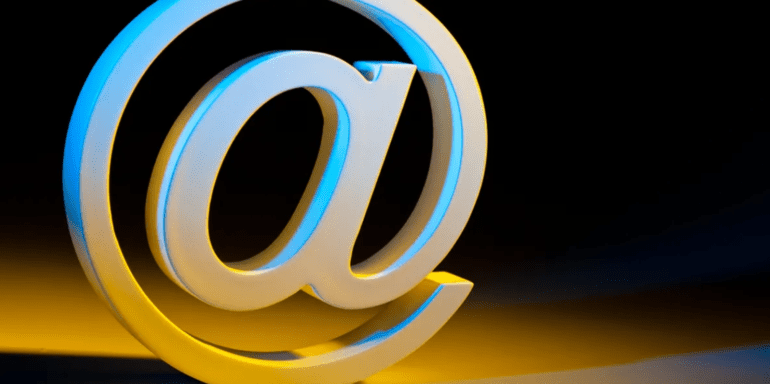TL;DR:
- OpenAI introduces @-mentions in ChatGPT, allowing users to bring custom personalities called “GPTs” into conversations.
- This feature promotes quasi-teamwork among expert roles, enhancing collaboration within OpenAI’s platform.
- Users can now seamlessly integrate relevant GPTs into ongoing discussions without losing context.
- GPTs were introduced in November, enabling users to create custom personalities for ChatGPT.
- Paid subscribers can access a variety of pre-developed GPTs via the GPT Store.
- This advancement paves the way for collaborative efforts, such as involving an “ad copywriter” GPT and an “editor” GPT to review and refine text.
- Different system prompts result in distinct behavior patterns.
- OpenAI’s move hints at a future where GPTs work as independent agents, potentially revolutionizing the AI service market.
Main AI News:
In a groundbreaking move, OpenAI has unveiled a new feature for ChatGPT that empowers users to introduce custom personalities, referred to as “GPTs,” into their conversations using the @ symbol. This transformative capability fosters a quasi-teamwork environment within ChatGPT, allowing expert roles to collaborate seamlessly within OpenAI’s platform, inching closer to the realization of a fully functional AI agent team.
OpenAI’s announcement on the X social media network highlighted the simplicity of the process: “You can now bring GPTs into any conversation in ChatGPT – simply type @ and select the GPT,” enabling users to incorporate relevant GPTs while maintaining the full context of the ongoing discussion.
The introduction of GPTs in November marked a pivotal moment in shaping ChatGPT’s capabilities, enabling users to tailor personalities and roles to specific topics or skills. Paid subscribers to ChatGPT can also access a wealth of pre-developed GPTs from fellow users via the GPT Store.
Previously, sharing information between GPT profiles required a cumbersome process of copying text, initiating a new chat with the desired GPT, pasting the content, and providing context. Now, ChatGPT users can seamlessly integrate GPTs into their existing conversations without losing the conversational history.
This revolutionary feature opens up possibilities for collaboration. For instance, users can consult an “ad copywriter” GPT to craft text and then involve an “editor” GPT to review it from a different perspective. Different system prompts, which define a GPT’s personality, can lead to substantial variations in behavior.
Conclusion:
OpenAI’s @-mentions in ChatGPT mark a significant advancement in AI conversations. This innovation streamlines collaboration, paving the way for tailored roles and improved teamwork within AI systems. It hints at a future where AI agents may collaborate effectively, holding promising implications for the market’s ability to provide sophisticated AI-driven services.

